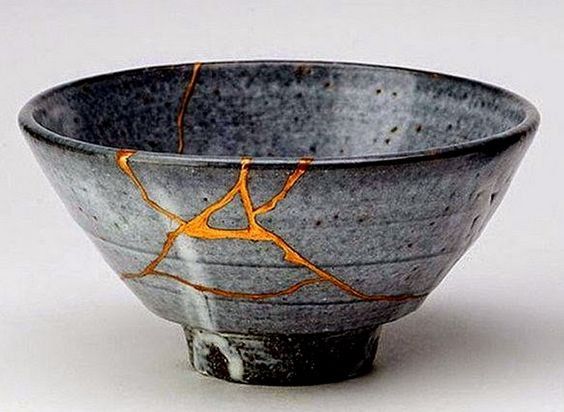There is a line in the film “Genius” in which the ex-wife of the novelist Thomas Wolfe, rebuffs the sexual advances of her once husband with the line: “You have no idea how hard I have worked to be this indifferent to you”. It is a line of supreme insight about the eviscerating, emptying, hollowing outness of betrayal and infidelity and relationship ending, and the character delivers it with a resigned incredulousness at Wolfe’s blithe ignorance of what pain he caused her once. It is also the concluding end point of the emotional Odyssey that every shattered soul, atomised lover, grief stricken reject whose heart has been discarded by another moves toward. Her journey was very long, as these journeys always are. And it is fraught with traps of self-loathing, stricken incomprehensibility, rage, the impotence of negation, numbness and the leaden weight of those white skies that sit above the earth, unmoving, energy-draining and hope-thieving.
Wolfe’s ex-wife has arrived at this calm destination. It is not a show of bravery. It is not a charade, a front. It is genuine. She is indifferent – not angry, not scornful, not bitter. Nor mocking. In that single line we know that she has travelled through all of these feelings just to get to here. The wheel has turned and now she is okay. This once fragile woman, shattered, has repaired. Mended herself. The pieces that once lay shattered on the floor after she was dropped have been re-assembled. And they are stronger and more beautiful.
The title for this piece is inspired by the female equivalent of Tom Wolfe who walked in and then crashed out of my life. I am indifferent to her fate now, but I have paid in full. I paid in cash and in small denomination instalments. Over many years. She really was my mistakiest mistake. But she was my mistake. I do take full ownership of that fact. I invited her and her bag of woes in, gave everything to her bottomless need for more and traded my surety for her indecision. The damage inflicted altered me – for the best, I believe. It forced me to retreat deep inside myself. I spent a whole winter in social isolation as the crisis point to get through the hurt to the other side. My one room apartment in a picturesque Alpine village was my cocoon. I hid there. Asked questions of myself. Sweated, wept, howled, raged, pounded the walls, smashed the mirror, kicked holes in the door. Wailed and cursed God. And calmed in the sorrowful time it afforded me. When April came, the sun blazed and the snow melted on the lower slopes. I walked in the woods and felt life return to my bones. Butterflies appeared to symbolise the metamorphosis. They have made me smile ever since.
When I returned home to Britain in late Spring, I started anew. I never hid my emotional breakdown. It is part of me. It burnished me. And this is why I love that line from the film. I was reminded of it the other day when I learnt of Kintsugi, the Japanese art of putting broken pottery pieces back together with gold. It is built on the idea that in embracing flaws and imperfections, you can create an even stronger, more beautiful piece of art. Relationships are like delicate ceramics. They should be handled with care. And our egos are just as fragile. My ceramic whole was smashed to smithereens but mended again. With gold. To hide the cracks and gloss over the fault lines of a break up or a breakdown is to miss the lessons it teaches. Instead, make them a golden part of the whole – visible, celebrated. They are what make one whole again. So whilst I am indifferent to the cause of the breakage, I am anything but indifferent to myself, for I am stronger than the original. All my flaws are on display for all the world to see. And that’s the way it should be because now there can be no self-delusion nor illusion for those who come near.
